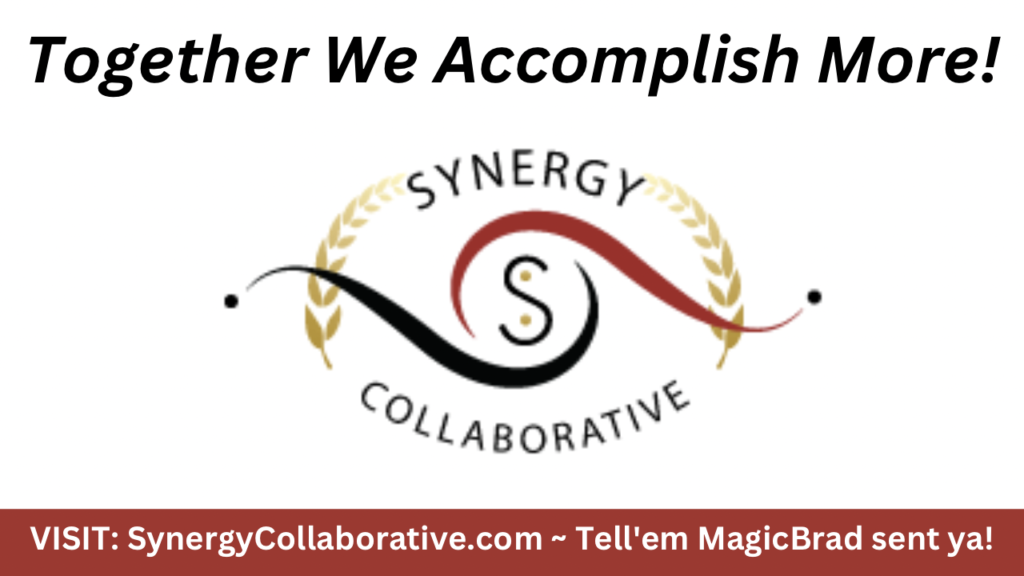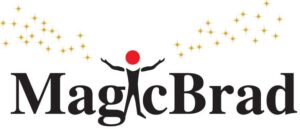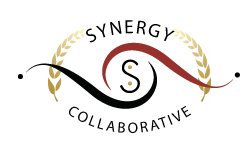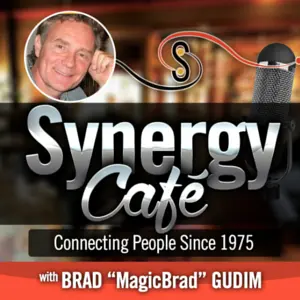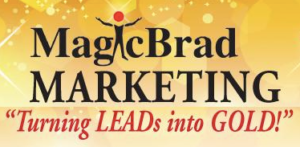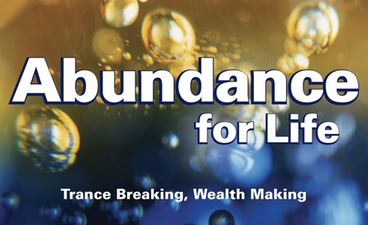HOST: MagicBrad.com
Title: Unlocking the Potential of Psilocybin: MycoShift’s Breakthrough in Treating OCD
Introduction: In the realm of mental health, the search for effective treatments for conditions like Obsessive-Compulsive Disorder (OCD) has been ongoing. However, a promising contender has emerged in recent years: psilocybin, the active compound found in certain mushrooms. MycoShift, at the forefront of research and innovation, is exploring the potential of psilocybin in rewiring the brain to offer lasting relief for those suffering from OCD.
Understanding OCD: OCD is a debilitating mental health condition characterized by intrusive thoughts (obsessions) and repetitive behaviors (compulsions) aimed at alleviating the anxiety caused by these thoughts. Traditional treatments, such as therapy and medication, offer relief for some individuals but may not be effective for everyone.
Enter Psilocybin: Psilocybin, commonly associated with psychedelic experiences, is garnering attention for its therapeutic potential in treating various mental health conditions, including depression, anxiety, and PTSD. Research suggests that psilocybin can induce profound shifts in consciousness, leading to increased introspection, emotional release, and a sense of interconnectedness.
MycoShift’s Approach: MycoShift is pioneering the integration of psilocybin-assisted therapy for OCD treatment. By combining the therapeutic effects of psilocybin with structured therapy sessions, MycoShift aims to address the root causes of OCD and facilitate lasting changes in neural pathways.
How Psilocybin Works: Psilocybin acts on serotonin receptors in the brain, particularly the 5-HT2A receptors, leading to alterations in perception, mood, and cognition. This neuroplasticity allows for the rewiring of entrenched thought patterns and behaviors associated with OCD.
Research Findings: Preliminary studies on psilocybin for OCD have shown promising results. Patients report significant reductions in obsessive thoughts and compulsive behaviors following psilocybin-assisted therapy sessions. Moreover, these improvements appear to endure beyond the acute psychedelic experience, suggesting a lasting impact on brain function.
Safety and Considerations: While psilocybin shows potential as a treatment for OCD, it is essential to approach its use with caution. MycoShift emphasizes the importance of conducting therapy sessions in a controlled setting with trained professionals to ensure safety and maximize therapeutic benefits. Additionally, ongoing research is needed to elucidate the long-term effects and optimal dosing protocols for psilocybin therapy.
Conclusion: MycoShift’s groundbreaking research into psilocybin-assisted therapy offers hope for individuals struggling with OCD. By harnessing the neuroplasticity of the brain, psilocybin has the potential to provide lasting relief from the symptoms of OCD and promote overall well-being. As research continues to unfold, MycoShift remains committed to advancing the understanding and application of psilocybin in mental health treatment, paving the way for a brighter future for those affected by OCD.
JOIN US: SynergyCollaborative.com
